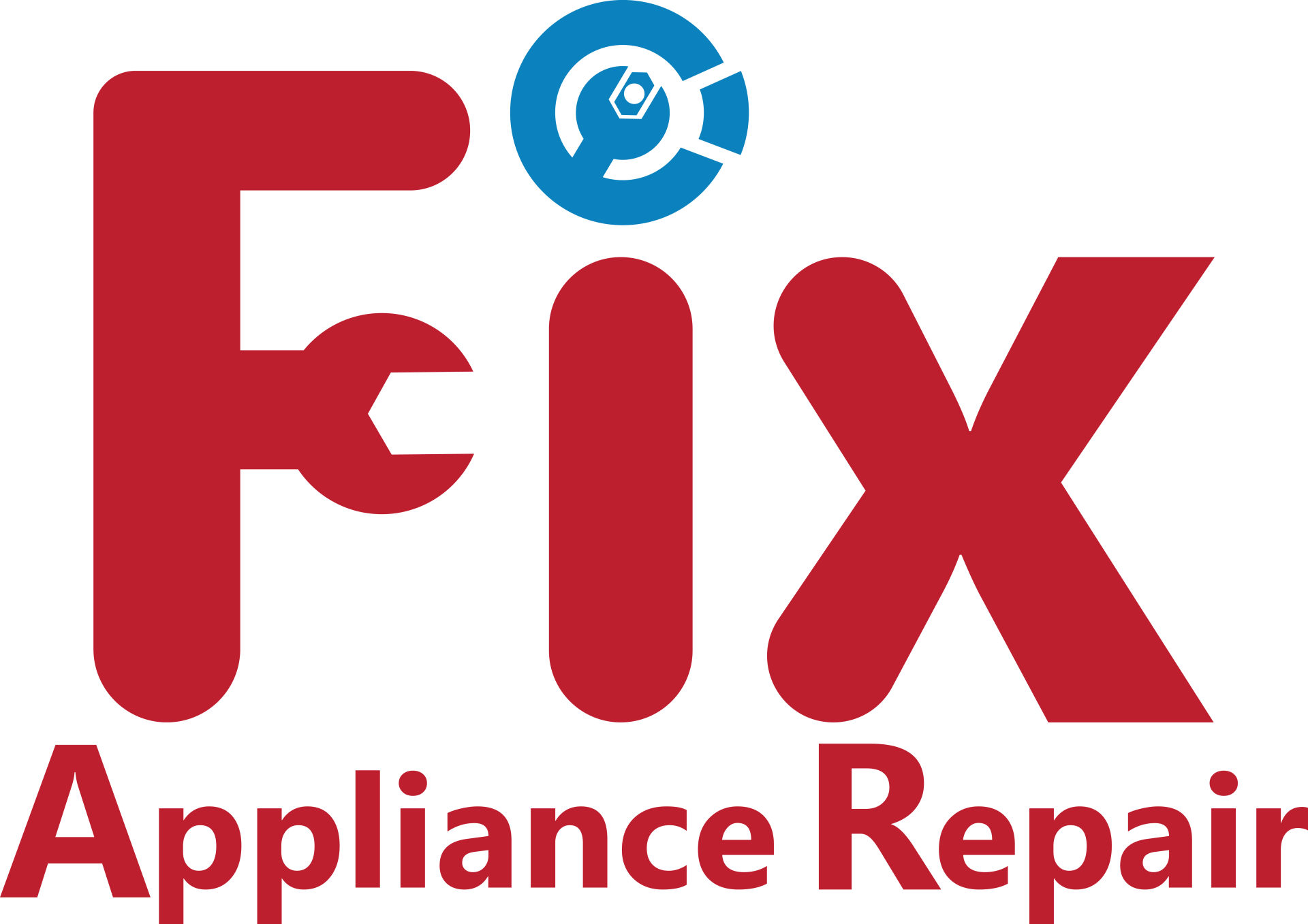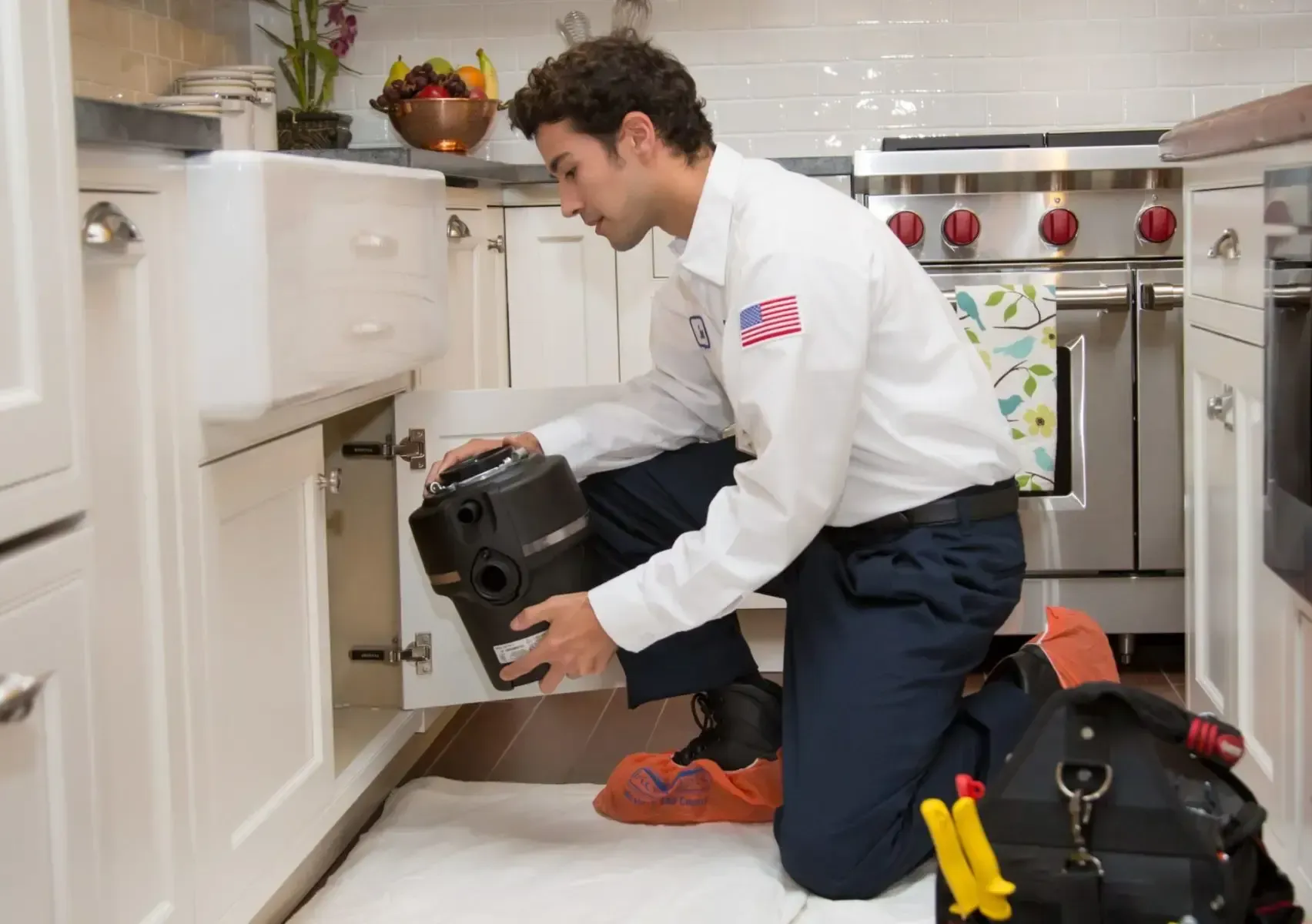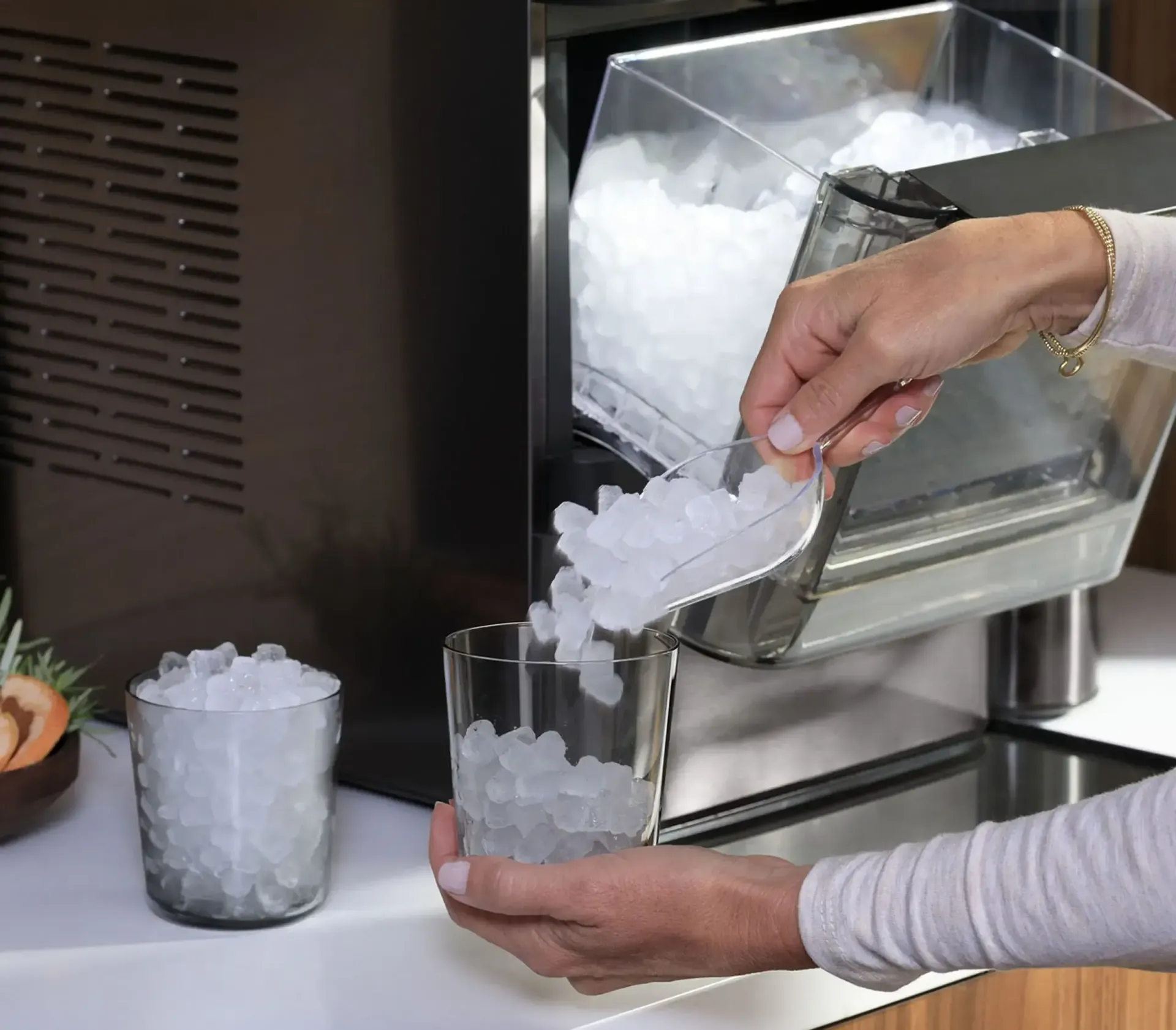Our refrigerators are the hidden heroes of our kitchen; they work tirelessly to keep our food fresh and drinks cool. However, when they malfunction, our daily plans might be severely disrupted. Whether the issue is a broken thermostat, a seeping seal, or an inexplicable noise, dealing with refrigerator issues may be inconvenient. Many common difficulties may be resolved with skillful answers and a few simple troubleshooting approaches. In-depth instructions on identifying and fixing the most common refrigerator issues are provided in this comprehensive book.
Understanding the Basics:
Before beginning troubleshooting, it is helpful to have a basic understanding of how refrigerators work. A refrigerator's basic method of operation is the transfer of heat from its interior compartments to the outside air, which keeps its contents cool. The compressor, condenser coils, evaporator coils, and thermostat are among the many components that are necessary for this process.
Compressors provide pressure and temperature increases to refrigerant gas by compressing it. Following its passage through the condenser's coils, the compressed and heated gas releases heat and condenses into a liquid. Evaporatively absorbing heat from the inner compartments, the liquid refrigerant cools them after passing through the expansion valve and onto the evaporator coils. For the next cycle to start, refrigerant goes back to the compressor.
Troubleshooting Common Issues:
Refrigerator Not Cooling Properly:
One of the refrigerators' most common issues is inadequate cooling. There are a few reasons why your food could not be kept cold enough in your refrigerator. Verify that the thermostat settings are adjusted correctly before proceeding. In case the thermostat is set too high, reduce the temperature and give the appliance some time to adjust.
After that, examine the condenser coils for any buildup of dirt or debris. Inefficient heat transfer and airflow restriction caused by unclean coils might result in poor cooling performance. Use a vacuum or coil brush to remove any debris that has gathered inside the coils. Furthermore, make sure that nothing unnecessary is preventing the condenser fan from operating normally.
If the coils and fan are clean and operating correctly, the issue may be with the evaporator coils or the refrigerant levels. If there is a refrigerant leak or an evaporator coil that isn't functioning correctly, the refrigerator can have trouble maintaining temperature. In such cases, it's critical to consult with a trained professional to diagnose and resolve the problem.
Excessive Frost Buildup:
Another common issue that refrigerator owners deal with is excessive frost formation in the freezer section. The accumulation of frost can obstruct airflow and reduce the refrigerator's ability to chill down enough. If you detect thick layers of frost on the evaporator coils or the freezer walls, you must act quickly.
Inspect the door seals initially for signs of wear or degradation. A faulty door seal that lets warm air into the freezer might lead to frost formation. Broken seals need to be replaced before the proper insulation can be reinserted. In addition, make sure the freezer door is fully closed and that nothing is preventing it from shutting firmly.
Next, check the defrost heater, defrost thermostat, and defrost timer (or control board). If the
defrost system isn't operating correctly, an excessive amount of ice buildup might cause cooling issues. Examine the continuity of each part with a multimeter, and replace any damaged parts as needed.
If the defrost system is functioning properly and the door seals are in place, the issue can be with the airflow within the freezer section. Make sure that nothing is blocking the freezer vents, such as food or other debris, to stop cold air from entering. Additionally, try not to put too much food in the freezer as this might restrict airflow and raise the possibility of frost buildup.
Noisy Operation:
If your refrigerator is producing odd noises, you should take notice of it as it might indicate more significant issues that need to be addressed. Common noises that originate from various sections of the refrigerator include rattling, buzzing, humming, or clicking.
Prior to reacting to any rattling or vibrating noises, make sure the refrigerator is strong and level. Incorrectly positioned leveling legs or uneven flooring might cause the appliance to vibrate a lot while it's working. Adjust the leveling legs as needed to ensure that the refrigerator is firmly positioned on the floor.
Compressor or condenser fan malfunctions may be indicated by buzzing or humming noises. The noise might be an indication of an impending failure or electrical issues if the compressor is the source of the noise. In a similar vein, a condenser fan motor may produce a buzzing sound when it is experiencing problems. In any case, it is best to consult with a trained specialist to locate and resolve the problem.
The clicking sounds might be coming from a broken overload protector or compressor start relay. Both protecting the compressor from electrical overload and aiding in its operation are these pieces. If clicking sounds are coming from the back of the refrigerator on a regular basis, it's probably time to replace the overload protector or start relay.
Refrigerator Reliability
If you put off fixing a faulty refrigerator, it might contaminate food and throw off your daily routine. Knowing the common issues and troubleshooting techniques covered in this article can help you detect and resolve many refrigerator problems quickly and effectively on your own. However, in the event that the issue is more complex or requires certain equipment and expertise, don't hesitate to seek assistance from a qualified professional. If you provide regular maintenance and timely repairs, your refrigerator may last longer and keep your food fresh and drinks cool.



